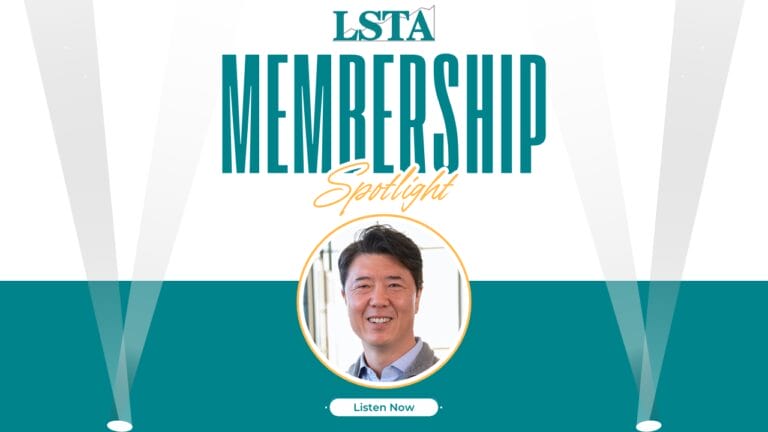May 6, 2024 - The LSTA last week joined five other trade associations in submitting a letter to the SEC highlighting the “overarching defect” in its proposed Outsourcing by Investment Advisers rule (the “Proposed Rule”): The SEC “lacks statutory authority to apply the Proposed Rule to investment advisers with respect to their services to private funds.”
We previously outlined our concerns with the Proposed Rule and the LSTA submitted a comment letter in December 2022 lamenting that it constituted a “solution in search of a non-existing problem”, sought to regulate indirectly service providers that are outside the SEC’s jurisdiction, and would disrupt longstanding arrangements between investment advisers and service providers that would result in increased costs for investors.
The new letter limits its scope to the issue of statutory authority (or, more precisely, the lack thereof). As with other recent rulemakings, including the Private Fund Advisers Rule (“PFA Rule”) and the Conflicts in Predictive Data Analytics Rule, the SEC relies on sections 206(4) and 211(h) of the Investment Advisers Act. Our comment letter asserts that neither provision grants the SEC rulemaking authority over the internal affairs of private funds. The letter’s arguments closely mirror those made in the context of those other rulemakings and in the associations’ pending litigation relating to the PFA Rule, including that the SEC’s assertion of authority over investment advisers’ relationships with private funds contravenes the statutory framework governing such funds. Indeed, Congress deliberately excluded private funds from regulation under the Investment Company Act.
Moreover, the provision the SEC inappropriately relies on relates to “certain sales practices, conflicts of interest and compensation schemes” but the SEC does not (and cannot) explain how engaging a third-party service provider is any of those things.
The SEC also relies on Section 206(4) of the Advisers Act which authorizes the Commission to “prescribe means reasonably designed to prevent fraudulent, deceptive, or manipulative” “acts, practices, and courses of businesses” but the Proposed Rule has nothing to do with fraud. The SEC pays lip service to the “reduced risk of fraud associated with outsourced functions” but fails to articulate a “rational connection between” fraud and any requirement the SEC seeks to adopt. The SEC cites no evidence that outsourcing-related “fraud” is a problem, and makes no effort to explain how the Proposed Rule would prevent “fraud” in the first place. For all these reasons, the associations submit that the Proposed Rule should not apply to investment advisers with respect to their services to private funds.
What’s next?
Many stakeholders expect the SEC to finalize the Proposed Rule in the next few weeks and anticipate that the final rule will not be materially different. At the same time, the trade associations that submitted this letter are awaiting a decision from the 5th Circuit regarding their litigation over the PFA Rule which, as discussed, addresses the very same statutory arguments. Should the SEC approve a final rule in its current form, we anticipate that they could face yet another lawsuit from interested stakeholders.







